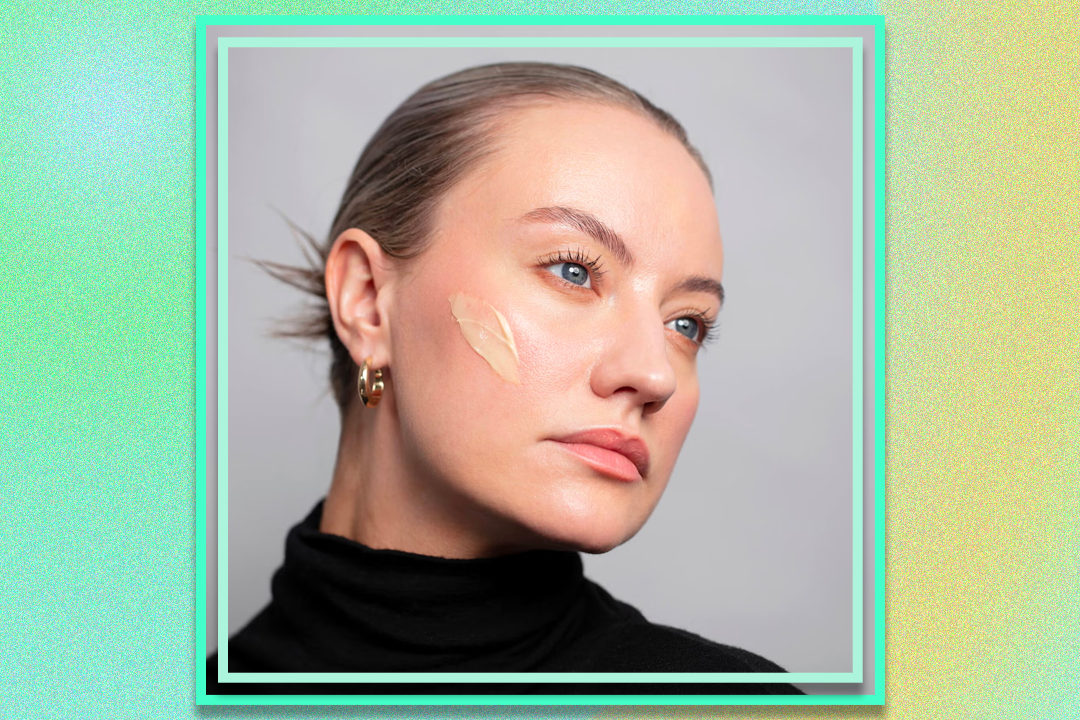The Independent's journalism is supported by our readers. When you purchase through links on our site, we may earn commission. Why trust us?
What is hyperpigmentation and how can I get rid of it?
Two dermatologists share their expert advice on how to treat it and the best products to use

Your support helps us to tell the story
This election is still a dead heat, according to most polls. In a fight with such wafer-thin margins, we need reporters on the ground talking to the people Trump and Harris are courting. Your support allows us to keep sending journalists to the story.
The Independent is trusted by 27 million Americans from across the entire political spectrum every month. Unlike many other quality news outlets, we choose not to lock you out of our reporting and analysis with paywalls. But quality journalism must still be paid for.
Help us keep bring these critical stories to light. Your support makes all the difference.
Ask anyone what their biggest skincare goal is, and we guarentee it’s a radiant, blemish-free and even complexion, that’s smooth, soft and supple. Achieving this is obviously easier said than done, especially if you struggle with hyperpigmentation.
To keep you up to speed on how to treat it, the causes behind it and the products that actually work to tackle it, we’ve spoken to the experts.
We have two consultant dermatologists on hand, Dr. Alia Ahmed and Dr Derrick Phillips, who have shared with IndyBest everything you need to know about hyperpigmentation and how to address it within your skincare routine. You can thank us later.
What is hyperpigmentation?
Hyperpigmentation is when the skin produces an excess amount of melanin, resulting in darker patches - you may have also heard it referred to as dark spots.
There’s several causes, says Dr Ahmed, which include existing, or pre-existing skin conditions, such as acne, psoriasis or eczema. That’s not all. “It can also be caused by environmental drivers, such as exposure to harmful UV rays through sun-related damage, hormonal drivers, genetic factors and medical conditions like diabetes.”
Typically hyperpigmentation from post-acne marks are small, red or brown spots that appear after a spot has healed, while melasma, the form of pigmentation that can occure during pregnancy, tends to be brown or grey patches.
“Hyperpigmentation that develops after acne and rashes such as eczema, is more common in darker skin tones and occurs because the skin increases melanin production during inflammation,” adds Dr Phillips. ”This is known as post-inflammatory hyperpigmentation.”
How can you get rid of hyperpigmentation?
According to Dr Phillips, the most important step in treating and preventing hyperpigmentation is sun protection. “Daily application of a broad-spectrum sunscreen providing adequate UVA and UVB coverage will prevent existing pigmentation getting worse, and protect against the development of new areas.”
If you’re not sure where to start with suncream this summer, you can find all our tried and tested products in our guide to the best sunscreens for sensitive skin. Our current top-rated option is the Murad city skin age defence broad spectrum SPF50 (£69, Lookfantastic.com). Dr Ahmed also advises to reapply suncream every two to three hours if you’re spending time in water and to wear a wide brimmed hat and sunglasses to be extra cautious.

As for the hardest working ingredients, Dr Phillips recomends looking out for skincare products containing vitamin C, retinol, alpha arbutin and niacinamide, which are effective at treating hyperpigmentation, as they reduce your skin’s melanin production.
“Cleansers containing exfoliating Alpha Hydroxy Acids, such as glycolic acid, are also an effective tool,” he says. “They gently exfoliate the outer layer of the skin helping to fade dark spots over time.”
What are the best products for treating hyperpigmentation?
Our beauty experts here at IndyBest have tried and tested many products focused on treating hyperpigmentation. Earning the top spot is the La Roche-Posay pure niacinamide serum anti dark spots (£41.40, Notino.co.uk). Our reviewer described it as “smoothing, hydrating and exfoliating with just a few drops. It’s suitable for all skin types, too, so, there should be no issues regarding dryness or sensitivity.”
Following closely behind is the budget friendly Nivea cellular luminous 630 anti-dark spot face serum (£16, Amazon.co.uk) and the hydrating Antipodes diem vitamin C pigment-correcting water cream (£37, Sephora.co.uk).
Voucher codes
For the latest offers on skincare, make-up and more, try the links below:
Want to know more? Read our guide to the best hyperpigmentation products for dry, sensitive and acne-prone skin